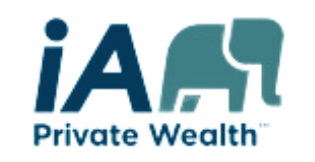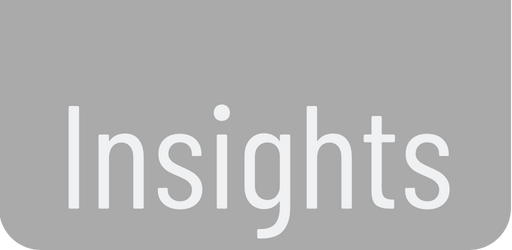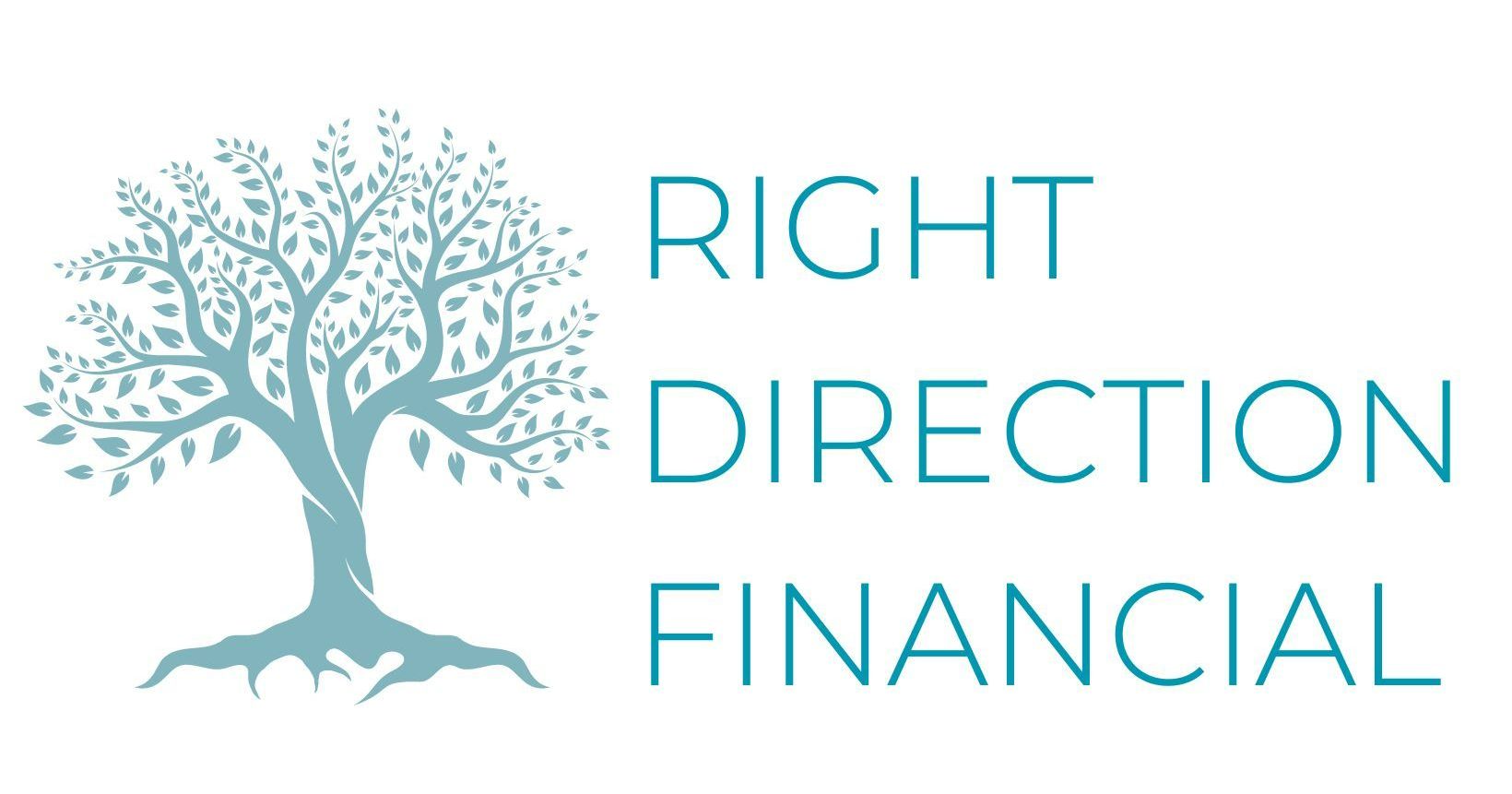Did you know that 1.7 million Canadians are expected to be living with dementia by 2050?
If you or someone you love has been effected by the rising cases of Dementia, you know all too well how quickly having these uncomfortable conversations becomes a challenge.
While designing an estate plan might feel overwhelming, it’s critical to work through as soon as possible to ensure you aren’t left without a plan in place.
Your Comprehensive Checklist for Estate Planning:
In our experience, breaking estate planning down into manageable steps can streamline the process and save both time and money.
Here's a checklist to guide you through the crucial decisions:
Defining Your Goals and Wishes: Before diving into the process, take time to clarify your objectives. Ask yourself:
- Who are the beneficiaries you wish to provide for after your passing?
- What are your assets, and how do you want them distributed?
- Have you selected a primary beneficiary, and who would be the alternate if needed?
- In the event of your incapacity, who would make decisions on your behalf?
- Who would you appoint as a guardian for your minor children, and have they consented to the role?
Preparing Your Will and Power of Attorney Documents: Contrary to common belief, creating a will is a straightforward process. Here's how to get started:
- Make a list of your key assets without the need for exhaustive detail.
- Document your liabilities to ensure debts are settled from your estate.
- Update beneficiary designations for investments like RRSPs and LIFs.
- Record essential information about life insurance policies, including policy numbers and beneficiaries.
- Consider any available disability income insurance for future care needs.
Selecting Key Individuals: Carefully choose the individuals who will play critical roles in your estate plan:
- Appoint a Power of Attorney for healthcare, ensuring they understand their responsibilities.
- Nominate an executor for your will, discussing the role's requirements beforehand.
- Decide on beneficiaries for your residual estate, considering their needs and circumstances.
- If you have dependent children, designate a guardian for their care and inheritance management.
- Ensure provisions are made for family members with special needs to maintain government benefits.
Special Considerations: Address any unique circumstances or preferences in your estate plan:
- Determine arrangements for the care of pets after your passing.
- Create a list of specific items you wish to allocate to particular recipients.
- Review assets with joint ownership to understand their disposition.
- If you're a business owner, plan for the transfer of your business in case of disability or death.
Four Essential Factors in Estate Planning: Consider these crucial aspects when crafting your estate plan:
- The complexity of your estate, influenced by factors such as multiple marriages, foreign assets, or business ownership.
- Your life stage, including dependents relying on your support or charitable legacy considerations.
- Personal goals, such as providing for loved ones or sustaining a partner's standard of living.
- Trusted individuals to act on your behalf, whether in incapacity or after your passing.
Understanding the Role of a Will: Your will serves as the cornerstone of your estate plan, outlining key instructions for asset distribution and dependent care. Key components include:
- Appointment of an executor and beneficiaries.
- Specific bequests and funeral wishes.
- Importance of testamentary trusts for minor children or disabled individuals.
Choosing Between a Will and a Trust:
Wills and trusts complement each other and serve different purposes. While wills dictate asset distribution, trusts offer additional benefits such as tax management and asset protection. Consider seeking legal advice for complex estate plans.
Life Insurance in Estate Planning:
Life insurance can play a vital role in equalizing payouts to beneficiaries and ensuring fair asset distribution. It's essential to integrate life insurance into your estate plan effectively.
Maintaining an Updated Estate Plan:
Regularly review your estate plan, especially during significant life events like marriage, divorce, or the birth of a child. Keeping your plan current ensures it aligns with your evolving circumstances.
Pre-planning for End of Life:
Consider pre-arranging burial or cremation services to alleviate stress on your family. Pre-planning can also lead to cost savings amid rising service expenses.
Whether you choose an online will service or consult a lawyer, prioritizing estate planning now can provide peace of mind and clarity for your loved ones in the future.
We are happy to shed light and share resources, but as always we are here should you have any specific questions or would like more guidance. An estate plan is a fundamental piece of your Financial Plan, and at Right Direction Financial we are passionate about ensuring you have peace of mind and a strong plan in place.
Reach out anytime to discuss your plan in greater detail!
Source: https://advisorsavvy.com/estate-planning-checklist/


















